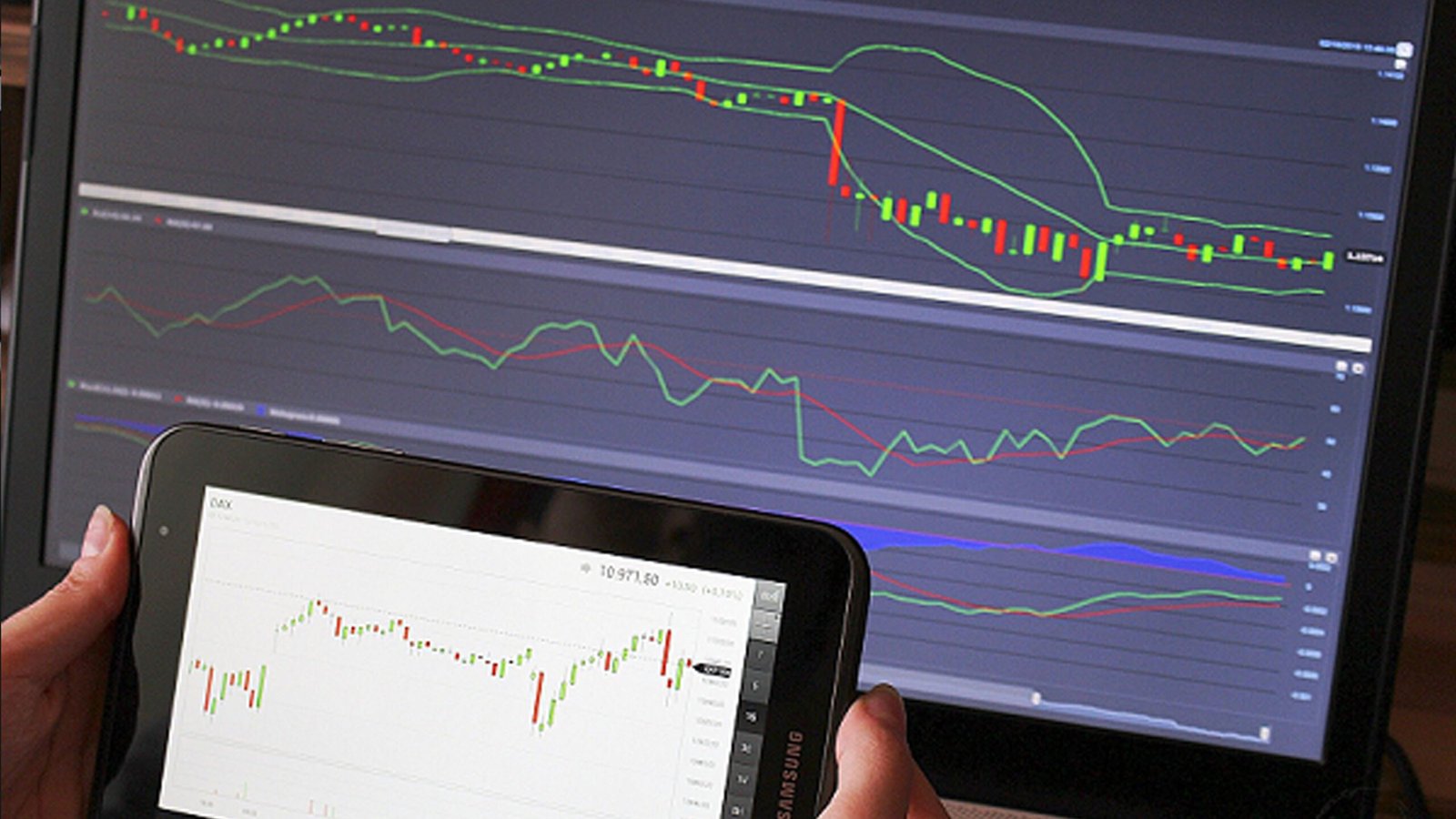stock market psychology
Stock market psychology refers to the ability to identify and manage the emotions and behaviours that can arise when trading. Although the stock market is a forward-looking indicator of business performance expectations, it is also often influenced by factors that affect the psychology of trading at the individual and collective levels.
Three factors to consider are:
- Investor's mood
- Market sentiment
- Emotions such as fear or greed
The purpose of this article is to explain the importance of trading psychology in the stock market and to provide additional knowledge and advice on how it can be managed. For a brief introduction to the stock market, check out our beginner’s guide to stock trading.
THE IMPORTANCE OF PSYCHOLOGY IN EXCHANGE TRADING
The importance of psychology in the stock exchange is often underestimated, but it can be extremely beneficial for a trader to be able to identify and manage these psychological factors. On a personal level, irrational investment decisions are often driven by emotions such as fear, greed, and fear of getting lost (FOMO in trading). However, crowd psychology also contributes to large market swings that could trigger emotions, leading to fear-based trading.
An example of this can be seen during a global pandemic. As panic increases, stock market volatility will often follow. An increase in volatility is usually followed by one of two emotions, fear or FOMO. Pessimism seems to have a bigger impact on volatility than optimism. An increase in fear often leads to a “panic sell” in which traders rush out of trades in an attempt to avoid larger losses.
A good measure of volatility can be seen in Market Sentiment, a tool used to measure how investors perceive a market at any given time. When traders perceive the market to be bearish, there will be more sellers than buyers in the market, which means the crowd psychology is negative.
The clearest way to determine crowd psychology for stocks is by using stock indexes. A stock index tracks a collection of stocks in a specific country or market. Major stock market indices are used to compare the returns of different assets and to monitor the overall economy through the overall performance of the index.
Once a trader understands psychology on a personal and collective level, he must manage his emotions accordingly. While some emotions need to be embraced, the negative effects of trading psychology generally have a greater impact on investment decisions than positive psychology.
Emotions such as fear and greed can have negative effects causing traders to act impulsively. An example of fear-based trading can be seen when a trader closes a position prematurely.
5 WAYS TO HANDLE PSYCHOLOGY WHILE TRADING SHARES
A trading plan is used by traders as a guide throughout the trading process. This is a set of rules that describe the conditions that must be met before a trade is activated, which markets must be traded, and when to exit trades. The purpose of a trading plan is to ensure that the trader remains responsible and adheres to the plan.
Having a trading plan is one thing, but sticking to it is a whole other story when the trades go against you. Having a short checklist on hand ensures that the trader follows the rules outlined in the trading plan throughout the trading process.
As a trader, it is important to assess your progress and identify areas for improvement. A journal is a great way to do this because it allows a trader to track all transactions and assess what worked and what didn’t. Sometimes a journal will identify shortcomings in a trading plan or strategy that may need to be corrected.
It can be difficult to build trust, especially early on when a strategy is still being tested. Confidence is essential because a confident trader is more likely to take calculated risks and accept the outcome of those risks.
This is because the confident trader is generally aware of their trading psychology and has processes in place to deal with these factors. One possible way to gain confidence in trading while learning the psychology of trading would be to trade on a demo account. The goal is to set realistic expectations and to treat the demo account as if it were real money.
Risk management is something that a trader cannot afford to ignore. Determination of Risk Relations / Attribution, Negotiation with Designation and Negotiation The reasonable business dimensions are all essential elements of a good risk management strategy.





